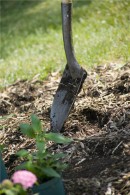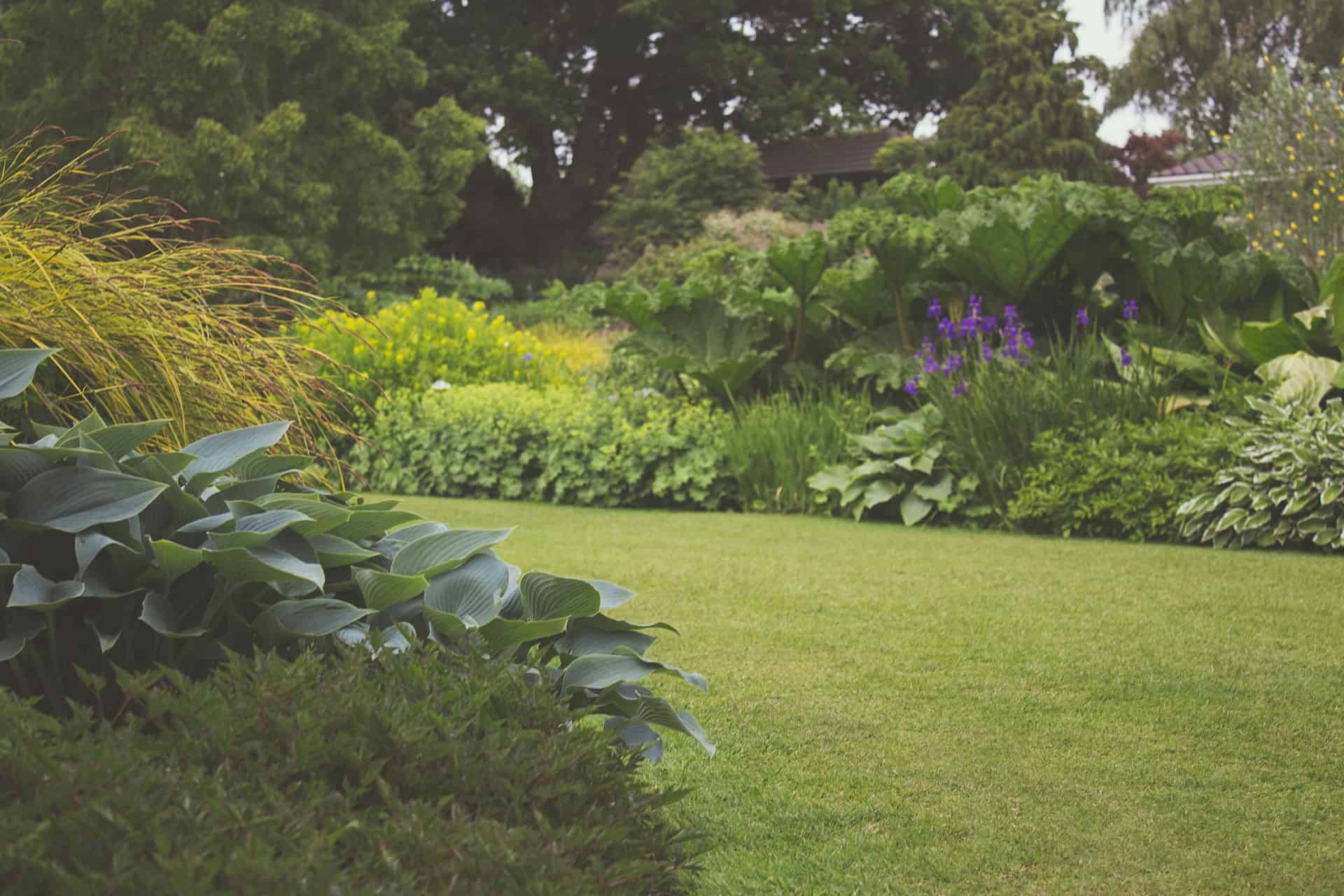 As autumn begins to draw to a close, gardeners will be focusing on preparing their plots for the winter months and ensuring conditions are ideal for next year's projects.
As autumn begins to draw to a close, gardeners will be focusing on preparing their plots for the winter months and ensuring conditions are ideal for next year's projects.
Making sure your soil remains in the best possible shape is one way of ensuring you get off to a good start next spring. If you haven't done so already, now could be your last chance to prepare your beds for the winter.
Mulching, which should be carried out in the autumn, is one of the best ways of protecting your plants. It can be applied around new plantings or to established beds and specimen plants. Doing so protects them against extreme temperatures, deters pests, suppresses weeds and encourages organisms that improve the soil.
Biodegradable mulches include leaf mould, garden compost, spent mushroom compost, wood chippings, processed conifer bark, straw (for strawberries), well-rotted manure and seaweed.
During autumn, a ring of mulch should be spread around newly planted trees, shrubs or herbaceous perennials. In winter, applying a thick mulch to plants like Verbena bonariensis or dahlias will protect their roots and crown from frost.
Applying mulch is a simple process. Firstly, clear the site of weeds and ensure the soil is moist.
The material should be applied in a layer at least 5 cm thick, leaving a gap around the stems of plants. Be careful not to smother low growing plants or to pile mulches up against the stems of woody plants. Finally, rake the surface to a level finish.
Different types of mulches suit different plants. Well-rotted manure is ideal for the fruit and vegetable garden, while cocoa shells are best used on flowerbeds (although dog owners should avoid using this). Non-biodegradable materials such as grit or gravel are ideal for alpine plants.
You could also consider using green manure to protect your beds during the winter. These crops can be dug into the soil in spring, providing nutrients and improving soil structure.
While many such plants are best sown in autumn, growing rye can still be planted and it tends to overwinter well.




